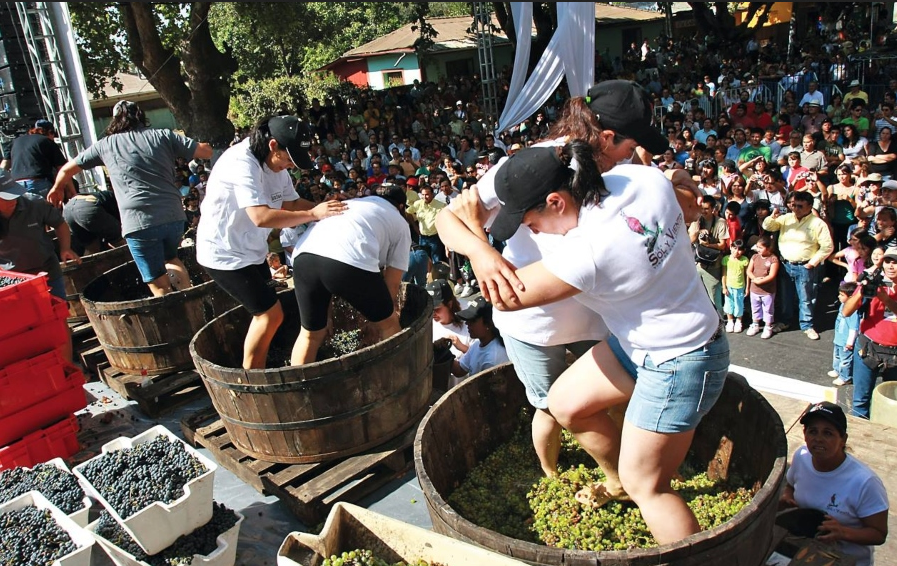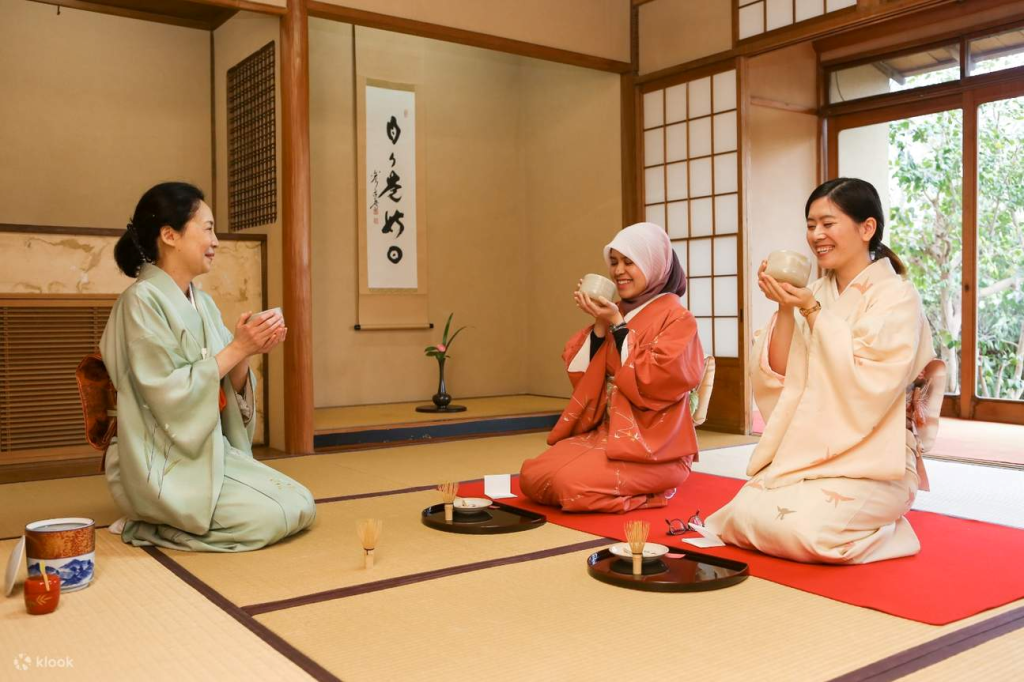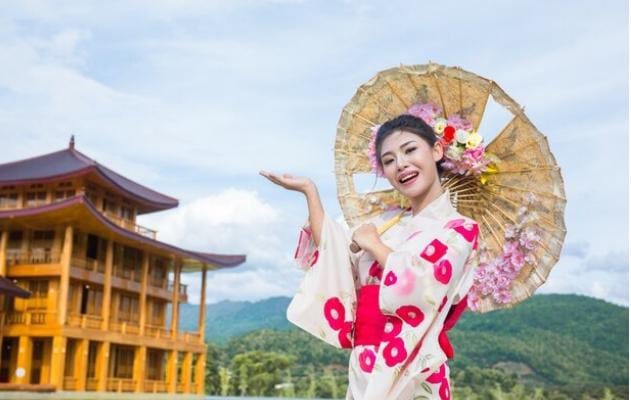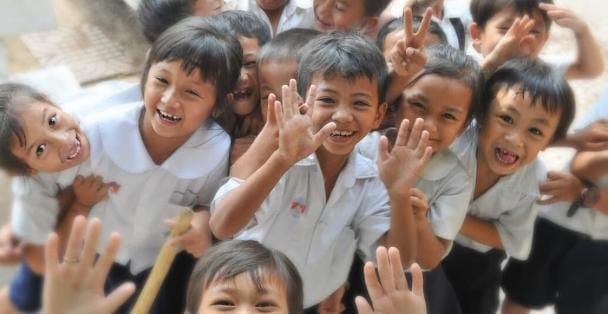Sri Lanka is a small tropical island that is located off the southeastern coast of India. Despite its small size, Sri Lanka is known to have a population of approximately 20 million people made up of two of the main ethnic groups in the country, the Sinhalese and the Tamil. Even though the population is majorly comprised of two ethnic groups, Sri Lanka boasts a rich cultural heritage. So unique that, every year, thousands of tourists make their way to the island to witness the lively cultural festivals that take place. Without a doubt, witnessing such celebrations of culture in this country should be part of everyone’s bucket list.
If you plan a trip to Sri Lanka, it would be best to do so around a cultural festival for the best cultural experience. Most of the Sri Lankan festivals are based on Buddhist beliefs. However, some are facilitated by the Hindu population. These festivals are all accompanied by lavish Peraheras (parades), food, dance, music, and vibrant cultural attire. The sale of alcohol is usually prohibited during these festivals and most, if not all, businesses do not operate during these events. In many instances, a few hotels and restaurants may remain open to provide food. However, it is important to note that travel plans should be made early enough because most hotels are usually fully booked during these festivals. The most significant Sri Lankan festivals are highlighted below.
1. Sinhala and Tamil New Year
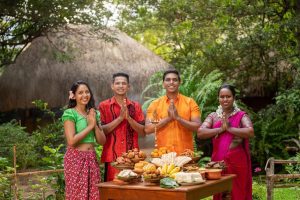
This is a significant festival that is celebrated by both Buddhists and Hindus in Sri Lanka. It commemorates the beginning of the Lunar New Year, which is usually celebrated on either the 13th or 14th of April every year. This Sri Lankan festival signifies the end of the harvest and spring season. Locals prepare for this festival by cleaning and decorating their houses, preparing traditional foods and desserts, and setting aside their best or newest clothes to be worn on this special day.
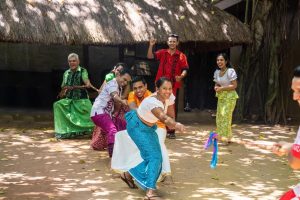
On the day of the festival, locals celebrate by setting off fireworks and firecrackers, sharing the first meal of the year with members of their family, performing traditional rituals, sharing sweets with neighbors, and taking part in various games and activities in the streets. One of the most popular games is called Lissana Gaha Nageema, where locals try to climb an oiled-up pole to claim a flag or money placed at the top. During this festival, parents anoint their children with anointing oils as a way of blessing them as they start the new year. Also, in every family, the woman of the house is tasked with lighting the hearth to signify new beginnings.
2. Vesak Poya
Often known as Vesak, is one of the most sacred Buddhist festivals observed in Sri Lanka. It commemorates the birth, enlightenment, and death of the founding father of Buddhism, Gautama Buddha. This festival takes place on the full moon day of May and the celebration is extended for about a week or so. The festival of Vesak is characterized by religious practices such as almsgiving, visiting temples, and partaking in prayer. Buddhist devotees are usually dressed in simple white garments during this time.
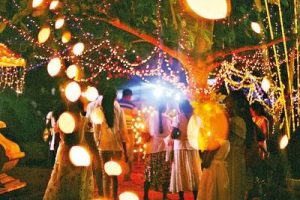
During this period, the streets all over the island are decorated with colorful lanterns, also known as Vesak koodu (which represent the light of Buddha) among other decorations that symbolize the life of Buddha. The festival is also built around charity to signify values that Buddha has such as generosity and kindness. Buddhists set up stalls along the roads where they distribute free food such as rice, sweet meets, and drinks to needy strangers.
3. Poson Poya
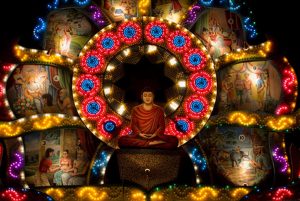
Also known as Poson, this festival is celebrated on the full moon day of June to commemorate the day Buddhism was first brought to Sri Lanka by India’s Emperor Ashoka’s son, Arahat Mahinda. Large numbers of Buddhists gather in the ancient city of Anuradhapura at Mihintale, where Mahinda is believed to have met King Devanampiya Tissa, an encounter that led to the spread of Buddhism on the island in the 3rd Century BC.
Poson Poya, the second most important festival to Buddhists after Vesak, is characterized by religious practices such as almsgiving, reading and recitation of Buddhist scriptures, and pilgrimages. The festival indicates a time of reflection and unity of the Sri Lankan Buddhist community. Just like during the Vesak festival, during Poson local Buddhists set up food stalls and lit up Vesak koodu (lanterns). They also dress in white as they visit sacred sites such as the Mihintale rock where several Sri Lankan Buddhists climb all its steps to commemorate the special day.
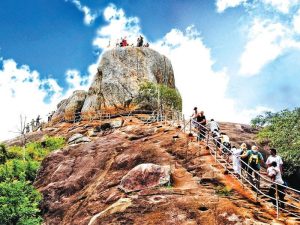
4. Kandy Esala Perahara
Also referred to as ‘The Festival of the Tooth’, Kandy Esala Perahara is another important annual Sri Lankan festival that is celebrated on the full moon day of July or August. The festival celebrates the Sacred Tooth Relic of Lord Gautama Buddha, located in the Temple of the Tooth. During the festival, locals engage in a procession accompanied by elephants decorated with luxurious gowns and jewels while partaking in traditional dances and drumming.
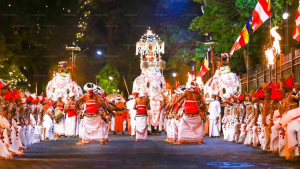
The procession goes through several streets to allow everyone to admire the spectacle and enjoy the festivities. The highlight of this festival is the sight of the Maligawa Tusker, which is the elephant that is tasked with the responsibility of carrying the sacred artifact during the procession. This event not only showcases the heritage of the Sri Lankan Buddhists but also brings together people from various cultures and nationalities, making it a one-of-a-kind occurrence.
5. Deepavali
Commonly referred to as Diwali, Deepavali is the festival of lights observed by the Tamil community in Sri Lanka, which practices the Hindu religion. This festival usually takes place in either October or November. Deepavali signifies the triumph of light over darkness or the victory of good over evil. During the period leading to the event, the locals clean their homes and decorate them using oil lamps (locally known as diyas).
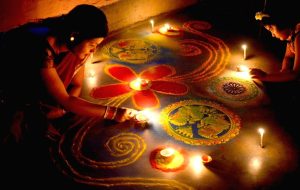
During the festival, families gather to perform religious rituals to claim blessings, happiness, and prosperity, share meals, and exchange gifts and sweets. All Sri Lankan temples organize special prayers and events to commemorate the festival. In the evening, fireworks light up the sky to celebrate this special day. It is important to note that Deepavali is celebrated more enthusiastically in the Northern and Eastern provinces of the island, as it is where most Hindus reside.
Sri Lankan festivals are not just a celebration of religion but a sign of the country’s rich and diverse culture and unity among all people. Each festival has unique practices and customs, providing the outside world with a view of the island’s history and different cultures. Sri Lanka is a beautiful and vibrant island rich with cultural experiences that the nation has worked hard to preserve over the years.
References
Asia Society. (2024). Sri Lanka: An introductory essay. https://asiasociety.org/education/sri-lanka
Asia Someday. (n.d.). Festivals in Sri Lanka. https://asiasomeday.com/srilanka/en/festivals-in-sri-lanka/
Authentic India Tours. (2023). 12 of the best festivals in Sri Lanka. https://www.authenticindiatours.com/2023/07/13/festivals-in-sri-lanka/
JourneyScapes. (2024). Sri Lankan festivals: Immerse yourself in local culture, music, and dance. https://www.srilankaauthenticholidays.com/travel-blog/sri-lankan-festivals-immerse-yourself-in-local-culture-music-and-dance/
Lynn. (2023). 7 of the best festivals in Sri Lanka. India Odyssey Tours. https://www.indiaodysseytours.com/knows/best-festivals-in-sri-lanka.html

